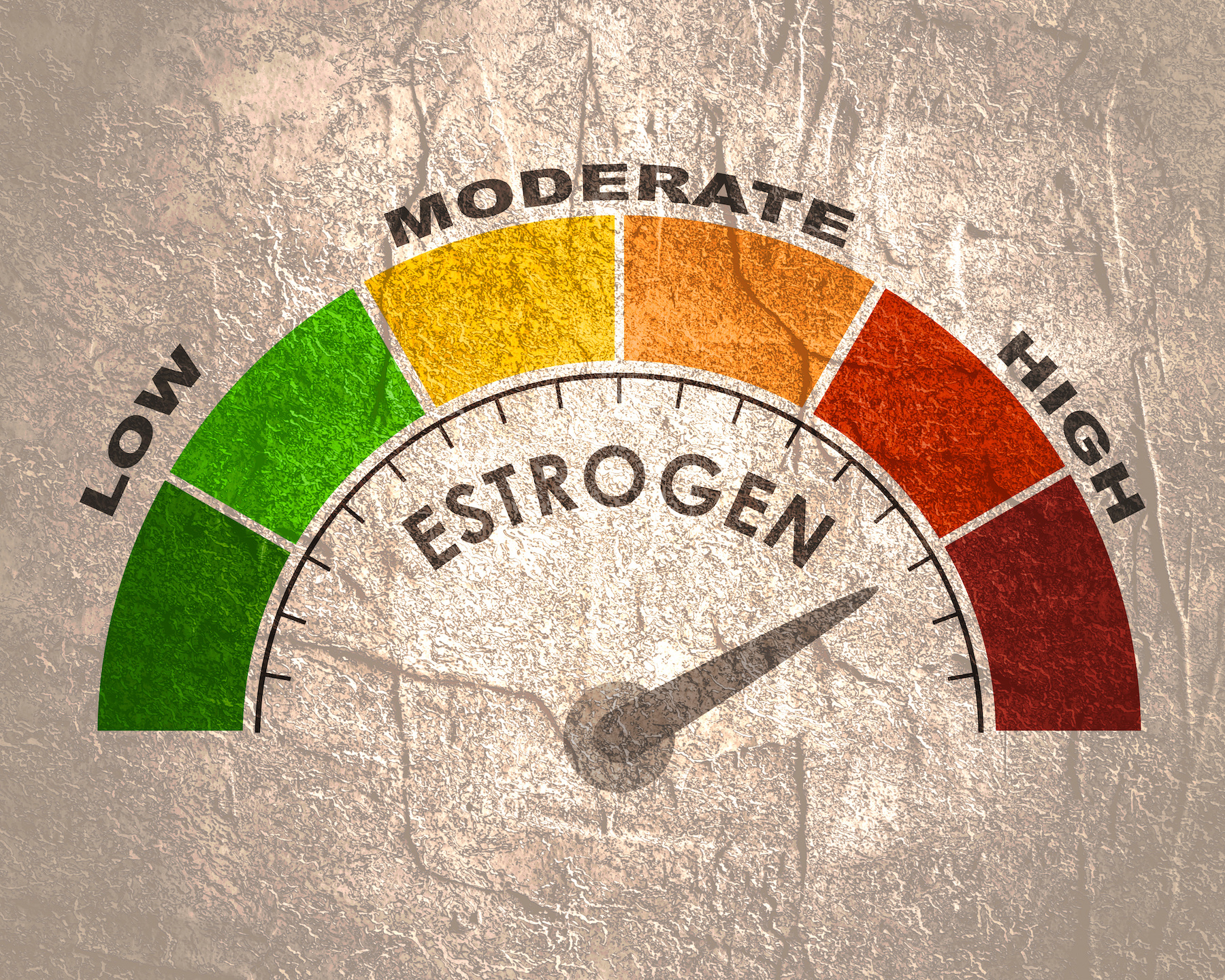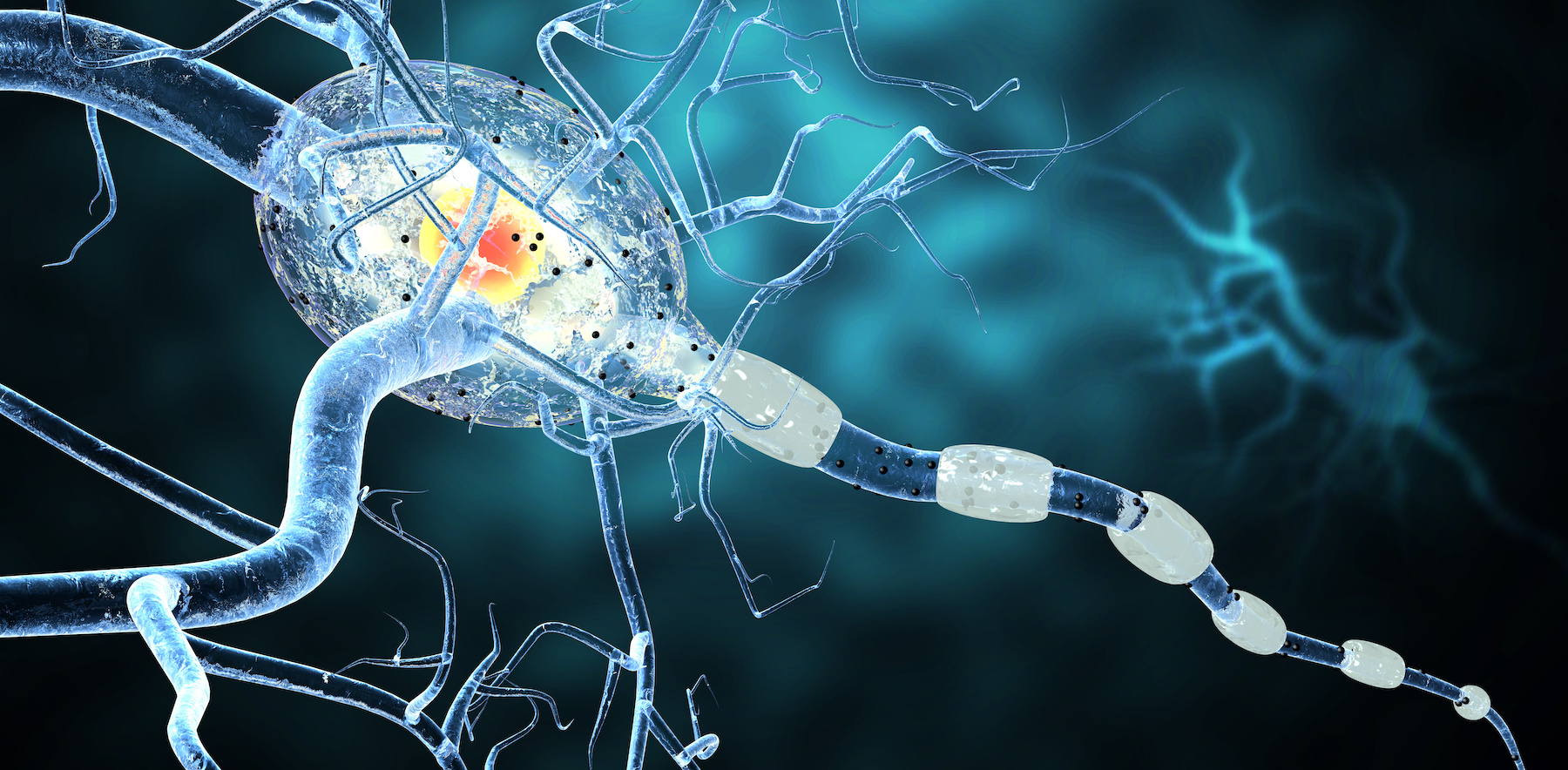

Acne is often the bane of our teenage years. We try anything and everything, hoping it goes away. But, despite growing out of the teenage phase, acne can still linger.
Don’t worry–acne isn’t something you just have to accept. There are natural acne treatments that work. With a functional medicine approach to acne, you’re equipped with tools to get clear skin once and for all.
What is Acne?
Acne is a common disorder affecting the hair follicles and sebaceous glands. It’s so common that up to 85% of adults and adolescents struggle with it at some point in their lives. Genetics, hormones, inflammation, and environmental factors all play a role in the formation and severity of acne.
Four things occur in acne formation:
- Increased secretion of sebum, an oily substance produced by the body’s sebaceous glands. This is due to increased androgen hormone activity.
- Abnormal functioning of keratinocytes, the primary cell found in the outermost layer of skin.
- Colonization of bacteria. The main microorganism that plays a major role in acne formation is P. acnes. Malassezia, another microorganism, may also have a role.
- An immune response in the body triggering inflammation.
Normally, the skin has hundreds of microorganisms on it, each with their own roles. But, if that normal microflora is disturbed in some way or the body’s immune system isn’t functioning properly, certain opportunistic microorganisms can trigger skin issues. This is compounded by an excess of sebum. When functioning as intended, sebum provides a natural moisturizer for the skin, maintains a waterproof barrier, and keeps out pollutants and germs. But in excess, it causes problems – like acne.
Not all acne is created equal. Different types of acne include:
- Blackheads are dark, looking almost like dirt. This is due to oil getting trapped in the pore then turning black when the oil is exposed to oxygen. Blackheads often appear in groups.
- Whiteheads are lighter and rounder than blackheads, but similarly sized.
- Papules are small, inflamed, red blemishes that often cluster together. They can be sore to the touch and often show up on the forehead or cheeks.
- Pustules are also inflamed blemishes but contain yellowish fluid or pus.
- Nodulocystic acne, including deep nodules and cysts. These are usually painful and often cause permanent scars after healing.
Common Root Causes of Acne
Poor Diet
Eating an inflammatory diet high in sugar, dairy, and gluten – common food sensitivities – contributes to acne. Studies show a correlation between milk and acne, with any dairy intake associated with increased risk of acne in 7-30 year olds. This is because milk can increase insulin and insulin-like growth factors called IGF-1, which further increase acne development, and dairy can also be a food sensitivity contributing to inflammation.
Hormone Imbalance
Imbalanced hormones wreak havoc across the body – the skin included. Both male and female hormones play a role. High androgen levels commonly result in acne, causing increased sebum production. But an imbalance in estrogen, progesterone, or testosterone levels also contribute.
Think of a woman’s menstrual cycle. Hormones rise and fall throughout her cycle. If her cycle isn’t functioning as efficiently as it could be, periods of imbalanced hormones – such as low estrogen and high androgen – can occur causing acne to flare.
For men, hormone imbalances also occur. This is especially true in the teenage years, when males often have more acne than females. This is because of high androgen levels during puberty, which increases sebum production. When combined with changing hormones, males in adolescence tend to struggle with more severe acne than females.
Skin Sensitivity and Toxic Topical Products
Acne can be the result of toxic products or ingredients the skin is sensitive to. This could be from harsh acne products or make-up and other skin products that contain irritating and toxic chemicals.
Gut Microbiome Disturbances
The presence of acne is closely related to the health of the gastrointestinal tract – specifically the gut microbiome. Current research shows a gut-brain-skin connection, highlighting the relationship between gut microbes, probiotics, and diet with the severity of acne.
Traditional Treatments for Acne
Traditionally, antibiotics like doxycycline and tetracycline have been used as a treatment for acne. But, with the increase of antibiotic resistant organisms and long-term use of antibiotics, the skin and gut microbiome are negatively affected. Taking long-term antibiotics, as is often done with traditional acne treatment, causes disturbances in the gut microbiome and shifts the balance within the GI tract. Alterations in the gut microbiome often result. Plus, long-term use can lead to resistant strains of one of the main bacteria that contribute to acne, P. acnes.
Topical medications like retinols, salicylic acid, benzoyl peroxide are also traditionally used to treat acne. These topical medications often dry out the skin significantly and can lead to sun sensitivity. For many people, the side effects and lack of results leads to discontinuation. While they may provide some benefit, they focus only on the symptoms and don’t get to the root cause.
Accutane (isotretinoin), a high dose vitamin A derivative medication, is an oral medication prescribed as a last resort when no other traditional treatments have worked. While it works well for some, it comes with a long list of side effects like muscle or joint aches, extremely dry skin and lips, dry eyes, and birth defects for an unborn child if the patient becomes pregnant while on the medication.
These traditional treatments for acne just put a Band-Aid on the problem, it doesn’t fix the root cause. The functional medicine approach to acne is to get to the root of what’s causing your skin to flare up and make changes from there.
The Functional Medicine Approach To Acne: Natural Acne Treatments That Work
Improve Your Diet and Identify Food Sensitivities or Intolerances
The food we eat impacts hormone health and inflammation – so it makes sense that diet also impacts skin. So, what does a diet good for your skin look like?
A low sugar/low glycemic diet is best, since it reduces free androgens and insulin-growth factor (IGF-1). When eating a low glycemic diet, there is a reduction in both the severity and amount of acne lesions for most people.
A low glycemic diet includes whole foods like:
- Vegetables like cauliflower, broccoli, cucumbers, and celery
- Starchy vegetables like sweet potatoes, yams, and winter squash
- Fruit like blackberries, raspberries, and blueberries
- Legumes like lentils, kidney beans, and chickpeas
Testing and treating food allergies, sensitivities, and intolerances is also part of the functional medicine approach to acne treatment. The best way to do this is with a 30-day elimination diet. During a 30-day period, you avoid certain food groups such as dairy, sugar, and gluten. After 30 days, you begin reintroducing foods to see how your body responds. This is a fast and effective way to discover what foods your body tolerates. If you’re interested in doing an elimination diet, here’s a great resource on mindset so you get the most out of the 30-day period.
You can also check for food allergies and sensitivities through blood testing. This often comes after doing an elimination diet if symptoms persist.
Hormone Health
Hormones can make or break clear skin. Think about it – adolescence is a time when many people struggle with acne. It’s also when hormones are most volatile. So, it makes sense that balanced hormones help create and maintain clear skin.
Androgen hormones, for example, lead to acne lesions because it stimulates sebum production. When androgen levels are high, more severe and frequent acne lesions occur. Traditional medicine focuses on taking a birth control pill or the medication spironolactone to balance androgen levels in women. But these bandied approaches don’t address the root cause.
With a functional medicine approach to acne, the first step to hormone balance is to understand what’s happening in the body by doing hormone testing. The DUTCH test is the gold standard. For women, the DUTCH test looks at levels of estrogen, androgen, and other hormones to see how they’re metabolized. For men, testosterone is the focus – again looking at the levels and how each is being metabolized. After hormone testing, we should know more about what’s going on with your hormones and can make a plan from there.
But if hormone testing isn’t something you plan to do, here are some ways to support your general hormone health
- Avoid plastics
- Choose non-toxic home and body products
- Get enough, high-quality sleep
- Find healthy ways to manage stress, like deep breathing, meditation, or yoga. Chronic stress causes hormone level changes.
- Eat more plant-based, whole foods, less processed and packaged foods
- Move your body more
Nutrient Testing and Optimization
Certain nutrients provide building blocks for the skin, including vitamin D and A, zinc, omega-3’s. To know if you’re getting enough, you need to get tested – often through a simple blood test with your doctor.
Vitamin D
A systematic review looking at vitamin D’s role in acne showed low vitamin D levels in patients with severe acne, suggesting an inverse correlation. Therefore, supplementing with vitamin D can help if your levels are low on blood testing.
Vitamin A
Getting enough vitamin A helps maintain clear skin. Supplementing with vitamin A then is an easy way to support your skin health if your levels are low on blood testing. It helps maintain the integrity and proper functioning of the skin cells.
Zinc
Zinc is known as a powerhouse mineral – and for good reason! It supports hundreds of cellular functions, helping with immunity, inflammation regulation, and skin and gut health. Research has found that zinc supplementation can even prevent chronic inflammation. Adding zinc rich foods like wild rice, seeds, poultry, and almonds can help, but a zinc supplement can also help if your levels are not optimal on blood testing.
Omega-3 Fatty Acids
Studies have found that acne benefits from an increase in omega-3 fatty acids and gamma-linoleic acid. This is likely due to the anti-inflammatory effects of omega-3 fatty acids. Eating enough oily fish and taking a high quality omega-3 supplement are great places to start to take advantage of the anti-inflammatory effects.
Probiotics
Taking probiotics is not just great for general health, they also offer promising results for acne sufferers since they improve the gut microbiome.
Remove Toxins and Choose Clean Skin Care
Removing toxins from your food, water, home, and personal products makes a big difference in your health. Chemicals like endocrine disruptors can mimic hormones, altering hormone production and function. This is especially true of skin care. What you put on your skin matters! Switch to a clean skin care routine. The Environmental Working Group has a great database for safe skincare called Skin Deep, where you can find safe skincare products. At Arizona Wellness Medicine we recommend Skin Better products as they are toxin free and proven with research to actually work! To order yours click here.
Clear Skin is Within Reach with Natural Acne Treatments That Work
Acne can be frustrating. At Arizona Wellness Medicine, we know struggling with acne affects many areas of your life – your relationships, your confidence, and your social life. That’s why we work one-on-one with you to provide a personalized approach to lasting clear skin through testing, diet change, and nutrient recommendations. Learn more about how we can help you here.
Resources:
- Acne, the Skin Microbiome, and Antibiotic Treatment
- Effects of Diet on Acne and Its Response to Treatment
- Topical treatment of acne vulgaris: efficiency, side effects, and adherence rate
- Oral isotretinoin for acne
- Treatment Modalities for Acne
- Dairy Intake and Acne Vulgaris: A Systematic Review and Meta-Analysis of 78,529 Children, Adolescents, and Young Adults
- Potential Role of the Microbiome in Acne: A Comprehensive Review
- Endocrine Disrupting Chemicals, Hormone Receptors, and Acne Vulgaris: A Connecting Hypothesis
Share:
Dr. Emily Parke
Related Posts

What Is Sleep Apnea? Symptoms, Risks, and Treatment Options
Sleep apnea occurs when breathing repeatedly stops and starts throughout the night. Learn the symptoms, risks, and sleep apnea treatment options.

Estrogen Metabolism: How It Works, Why It Matters, and Supplements for Healthy Estrogen Metabolism
Estrogen metabolism is vital to estrogen regulation. Learn how it works and how the DUTCH test can provide insight into hormonal imbalance.

The Paleo Diet Versus the Autoimmune Paleo Diet: Differences and Benefits
Learn the difference between the paleo and the autoimmune paleo diet, including food lists, what foods to avoid, and all the health benefits!

A Complete View of Multiple Sclerosis: Symptoms, Diagnosis, and Functional Medicine Treatment Options
Get a complete view of multiple sclerosis, including common symptoms and treatment options, including nutrition and supplementation.
